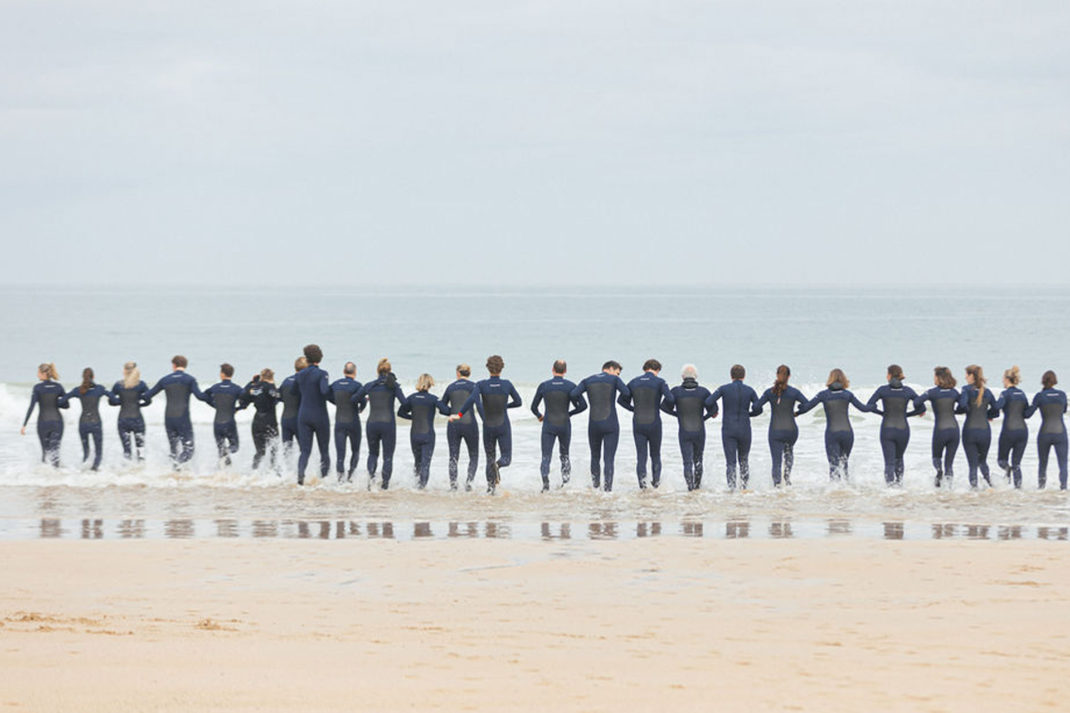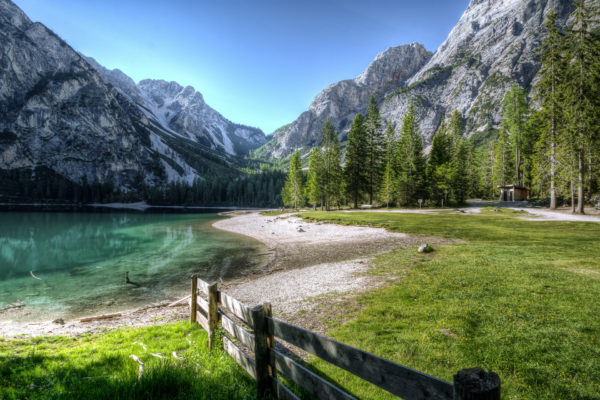Save The World In 2024: Sustainable New Year’s Resolutions
By
1 year ago
Why not just save the world next year?
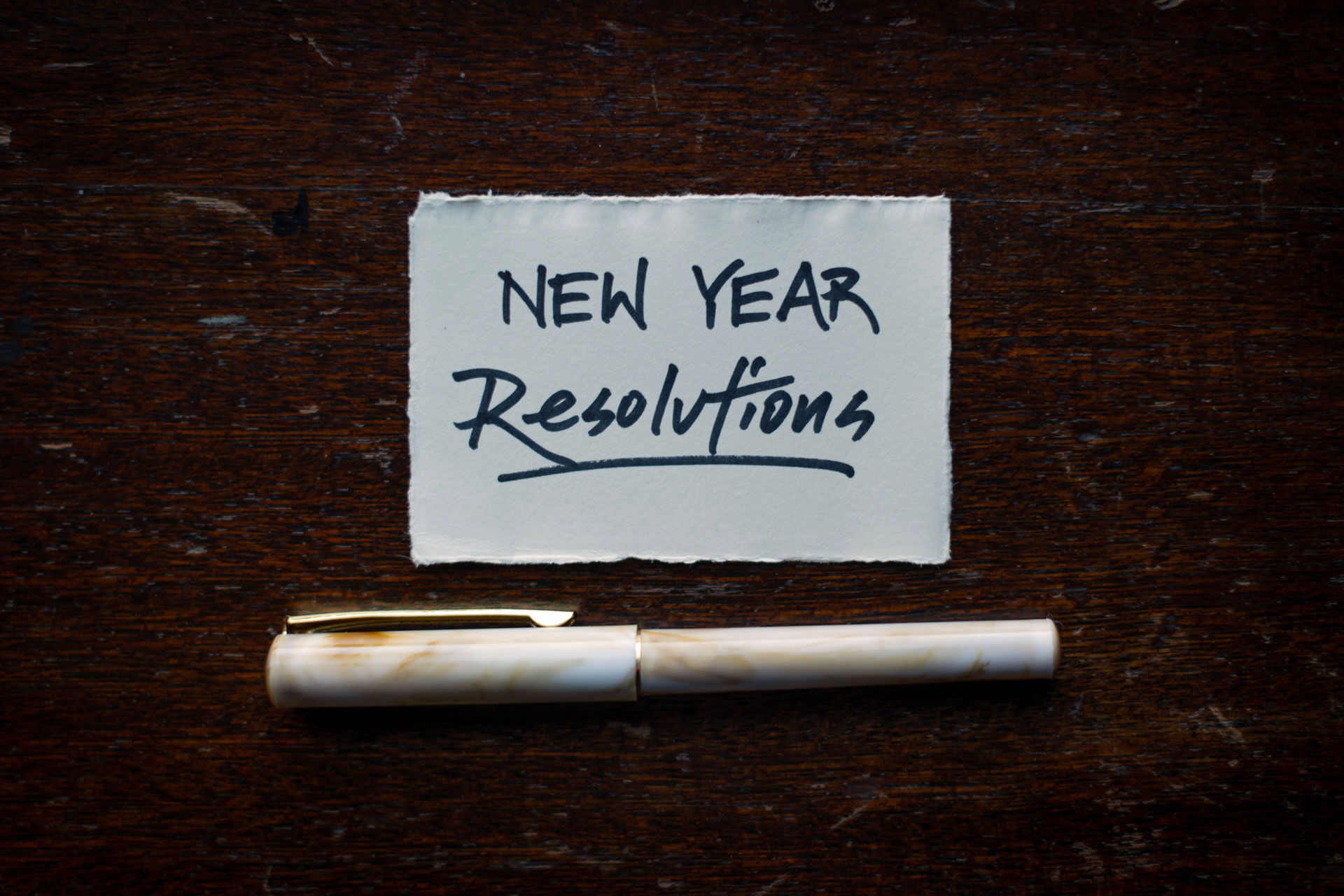
Is your New Year’s resolution to save the world? You could definitely make it a little bit brighter in 2024, says Tessa Dunthorne. Here are eight inspiring, sustainable (and genuinely actionable) New Year’s resolution to help you think up a goal for the coming year.
There’s something about a clean slate. The idea – of what was called a tabula rasa in Latin – is age-old. It was an idea first set out by the Greeks (Aristotle and his ilk), who believed we were born empty and ready to be molded by whatever experiences we met along our journeys.
And isn’t the turn of the clock from 31 December to 1 January simply a new tabula rasa; a moment to start afresh? Statistics tell us that most will focus this sense of renewal on the self. When 30 million Britons make a New Year’s resolution this year, 28 percent of these goals will revolve around health, another 27 percent personal finances. Not many will look outwards.
Perhaps, though, it’s time to rethink that. While we may aspire to a tabula rasa, we certainly won’t actually inherit a blank slate next year – we exit the hottest global year on record with an increasingly polarised political stage. Yes, we have promise and potential for change, once the bubbles have finally fallen flat on the first of January 2024, but our tabula has already been marked in a way that we cannot erase.
So, grab a pencil, and get to work on redrawing a new slate in 2024. Here are the New Year’s resolutions that just might help make the world a better place, as suggested by experts.
Inspiring And Sustainable New Year’s Resolutions For 2024
The Finance Resolutions
You have around 80,000 hours in your career (according to 80000hours.org). Your career – and your business, if you run one – is the area in your life in which you are likely to have the most impact on the world. So why not use it to change the world?
Personal Finance
1. Consider a sustainable bank or mortgage

Not all banks are built equally – and not all banks channel your money towards equality, or the planet. By storing your money with certain banks, you may be facilitating investment into environmentally damaging sectors, and if things like divestment from fossil fuels is high on your personal agenda, you may want to evaluate how your bank is using your savings. According to Which?, the only three high street banks in the UK that have no exposure to fossil fuels in their activities are Nationwide, The Co-operative Bank, and Triodos. Comparethemarket also suggests that, for loans, you might want to consider the Ecology Building Society, which provided the UK’s first dedicated green mortgage service (although more banks are now offering similar services for those looking to make a greener purchasing decision when seeking forever homes).
2. Buy better (and buy less) – and save money
Each year in the UK, 360,000 tonnes of clothes are thrown away (according to planetradio.co.uk). For context, that’s the equivalent weight of 35 eiffel towers – a staggering amount of clothes. Most of this discarded clothing ends up in landfill, with only 9 percent able to be recycled and 12 percent fit for reuse. It’s clear, then, that we should look towards reducing our initial consumption, and where we can’t, buying the pieces that are built to last.
A great New Year’s resolution might be trying a no buy challenge: C&TH’s Charlie Colville, who is tempted daily by gorgeous new runway drops as head of the online style vertical, undertook the challenge in 2023, and noticed an additional benefit: big savings. ‘I did notice quite quickly that I had spare money in my monthly budget that usually went to clothes,’ says Charlie, ‘so I was able to spend more time going out and doing things with friends. (Before, I would have the outfit, but not a lot of money leftover to actually go out and show it off.) And after a while, the once-loved pastime of scrolling through online shops lost it’s appeal – it was no longer a “hobby” for me.’
And if you’re still in need of a wardrobe refresh, perhaps consider instituting a checklist before you buy – for inspiration, read the C&TH Responsible Buyers’ Guide.
Better Businesses
3. Encourage your favourite restaurants to sign up to this new campaign, Tip The Earth
Suggested by Arizona Muse, model and founder of DIRT.
‘You tip your servers, would you tip the earth? We’re engaging restaurants to support the farmers who regenerate soil globally this year; by signing up your business to #TipTheEarth, you’re supporting DIRT charity in this work. Our scheme adds an optional one percent tip to each bill – it’s not just restaurants, it’s also spas, hotels, bars and members’ clubs we hope will sign up.’ dirt.charity
4. Pledge your business to donate surplus food to food-sharing schemes, like Fareshare
Suggested by Alyson Walsh, Fareshare commercial director
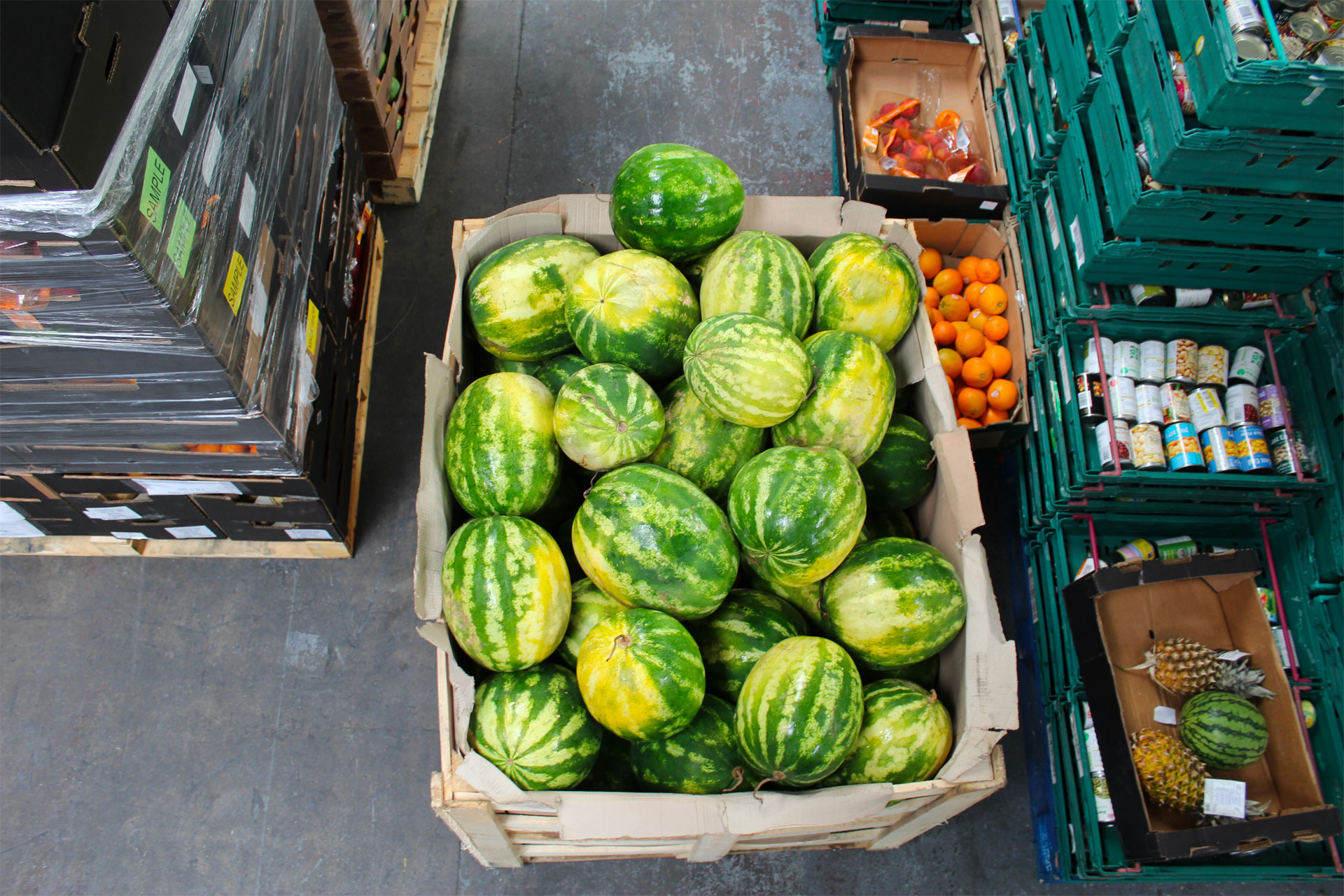
‘We want to hear from business owners who’d help unlock their surplus food for redistribution; last year, Fareshare redistributed the equivalent of 128 million meals. This food saves charities money, meaning they can invest in vital wraparound services, including support for mental health, domestic violence, unemployment, housing and debt, as well as bringing down levels of food waste.’ fareshare.org.uk
The Wellness Resolutions (Ish)
Work on yourself in the coming year – but know that you can’t go it alone. As Jon Alexander says in his advice below, 2024 is the year to blossom into being a citizen rather than a consumer, and acting as part of a community. Plus, there are personal benefits to navigating the world as part of one; as Netflix’s Secrets Of The Blue Zones points out, community is a means by which you can extend your healthspan. So maybe it also ticks that personal health New Year’s resolution after all.
5. Say no to self-interest – become a citizen, not a consumer
Suggested by Jon Alexander, author of Citizens
‘We’ve been living with a “consumer story” for the past 80 years, where our role as individuals is to pursue our own self-interest. This story makes us into independent individuals, where we define ourselves through competition. But individual action alone can’t fix the problems we face. A powerful act to take in the next year is to start by simply noticing this “consumer story” in the messages you receive from companies and politicians. Look around you. Be a citizen in the coming year, not a consumer – someone who is interdependent and social.’
6. Get involved with local initiatives
Suggested by Jade Brudenell, Exec Director of Conservation Collective
‘From my side, everyone can get involved with restoring nature locally, wherever they call home: voting, volunteering, gardening, and growing. See Isabella Tree’s Book of Wilding. And did you know locally led restoration projects are six to 20 times more likely to achieve long-term success and bring environmental and economic benefits to their communities than non-local ones?’
7. Get gardening in your community (and plant seeds of change)
Suggested by Ellen Miles, author of Get Guerrilla Gardening; @OctaviaChill
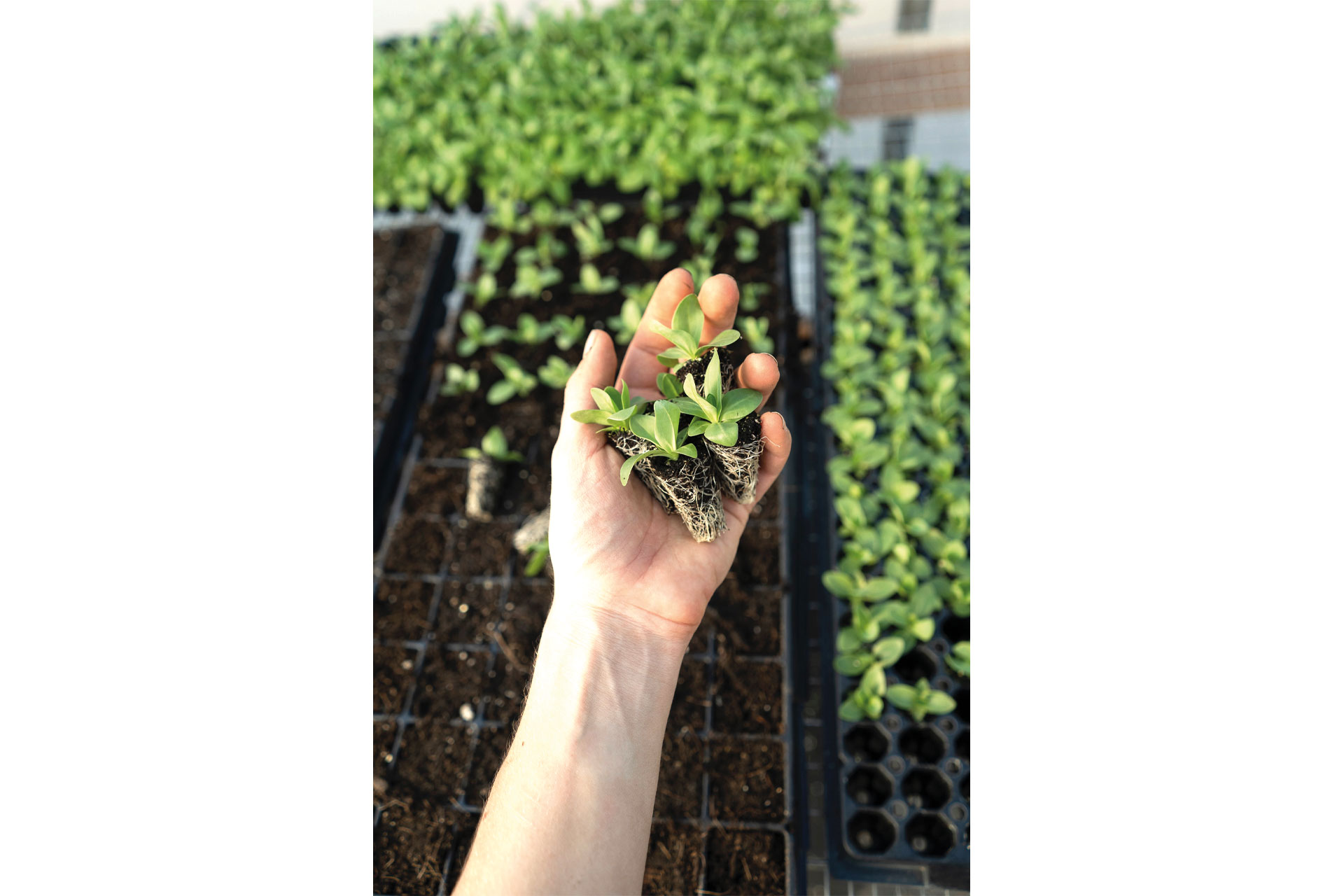
‘Community gardening is fantastic: for the environment; the people around you; and for yourself. Through guerrilla gardening (planting up neglected corners of my area with neighbours), I’ve made lifelong friends, brought bees and other wildlife to previously desolate street corners, and gained a sense of peace, purpose and pride in the process. Start by finding an existing local group or garden to join – they’ll show you the ropes. (Or read my book)!’
8. Consider micro-volunteering
Suggested by Charlotte Lister, Ms Eco UK
‘I micro-volunteer for the RSPCA. It’s only a small commitment: they put up tasks that you then complete throughout the year. These range from litter picking and filling out surveys, to putting out bird treats and cleaning animal feeders.’
9. New Year clear out: donate your unwanted beauty and toiletries products
Suggested by Toiletries Amnesty, Karen Harvey founder
Beauty products don’t need to be wasted. Even if they’re opened (a sniff of a perfume, or a dab of a cream), your unwanted or excess moisturisers, shampoos etcetera might be an appreciated donation to someone living in hygiene poverty. ‘There’s no need to waste any beauty products – so many people in the UK don’t have access to even basic products,’ says Karen, ‘these are people living in difficult circumstances, fleeing abuse, unable to feed their children, or in end of life care. We want to help these people get essentials and some very lovely products – it’s both good for people and the planet.’
Donations to Toiletries Amnesty from brands and individuals allowed the provision of toiletries and hygiene goods to over 2.95 million people across the UK and the globe. Donations are supported in over 600 locations, including women’s refuges, refugee centres, mental health centres and hospices. toiletriesamnesty.org/directory
Any other suggestions? Get in touch – we’d love to hear them – via [email protected]. All images via Unsplash.


